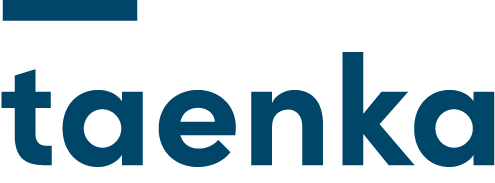

With over 20 years at the forefront of neuroscience, Dr. Nouchine Hadjikhani, has built an extraordinary career exploring how the brain works. Dr. Hadjikhani is a world-leading neuroscientist with over 150 published peer-reviewed studies, focusing primarily on emotion perception in autism, pain processing in migraine, and neuroinflammation.
She was among the first to challenge conventional theories about the autistic brain, showing, for example, that empathy is not absent in autism, but expressed differently. She has also conducted numerous studies about migraine pathophysiology and its relationships with neuroinflammation. Today, her insights help shape new approaches to mental fatigue, neurodiversity, and brain-based well-being.
Her scientific legacy powers the research behind taenka.
“Understanding autism is not about fixing people. It’s about understanding how their brains truly work.”
— Dr. Nouchine Hadjikhani




